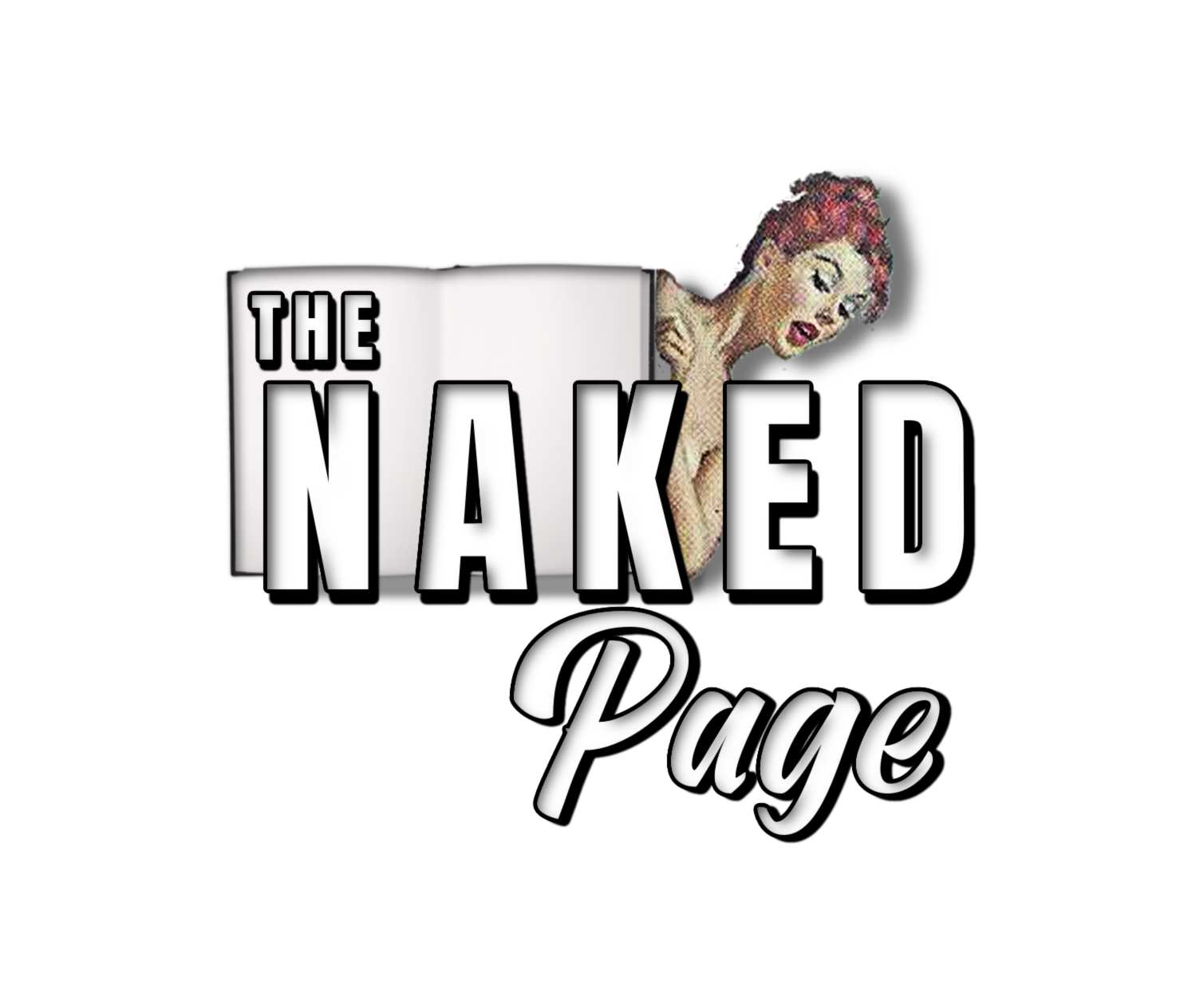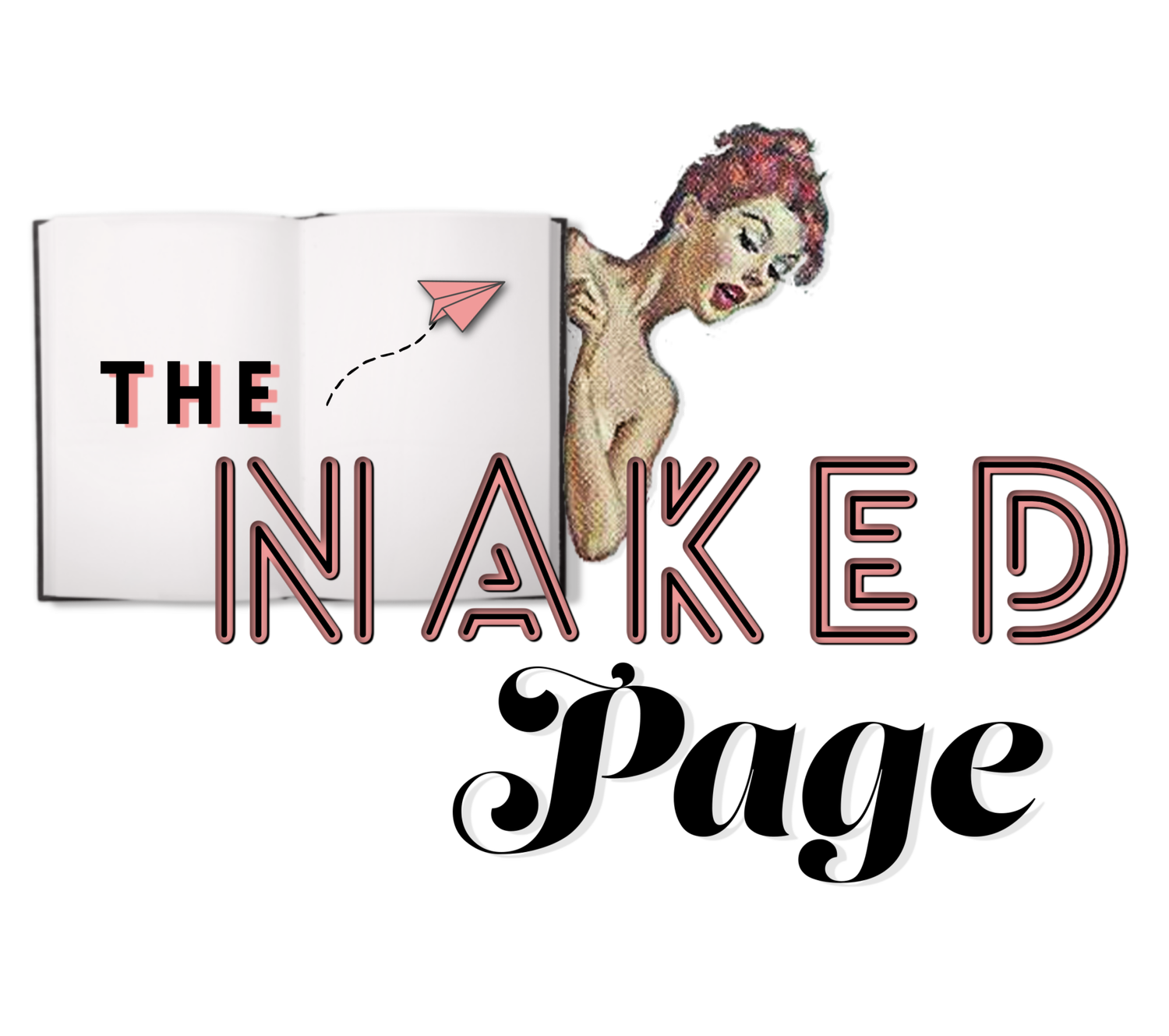
Writing
Opportunity
#2
A Recipe for Writing Success
Lean in. I’m going to tell you a writing secret:
Writing prompts don’t work. That’s the truth. The secret recipe for writing isn’t out there somewhere.
Shhhhh. Don’t tell anyone. People love their writing prompts and you’ll only make them mad by sharing this bit of knowledge.
The truth is prompts might get you started writing, but longterm you can’t rely on them to tell your story.
Why? Because—and I’m speaking as a once high school English teacher here—they’re like getting a school assignment. You complete the work only because you’ve got an external motivator. Someone telling you to write “about your favorite vacation” or “your worst fear.”
These prompts make your stories sound less like self-actualized narratives with strong story arcs and more like those “preserve your family memories” books. A great idea for Gran, but you’ll never become a bestselling author or even a stronger storyteller by using them.
So how in the world are you supposed to shape a compelling story?
You’ve got to learn the real secret to writing success.
Your best stories are inside you, along with the power to harness those words. And only you can bring your voice to the page. You don’t need an outside force to kickstart your stories.
This realization might seem scary at first, but it’ll get you producing your most mind-blowing, heart-wrenching prose like no writing prompt ever could. It’ll also make you the kind of writer who creates stories avid readers love to get their hands on.
Okay, take a deep breath. Here. We. Go.
Think of your most traumatic or dramatic memory. You may have several of these moments. Pick one. Now recall that minute your heart was pounding, right in the middle of the action. Grab that moment. This is where you’ll start writing.
Terrifying stuff, right?
YES.
I get it.
No one said this writing thing was going to be easy.
But if you want to produce engrossing prose—the kind you obsessively read in your favorite novel or memoir—this is where you’ve got to start writing.
Get to the guts. Aim right for the heart.
Plenty of novice authors dance around tough subjects. They want to write about their miscarriage or that car accident. So they spend years adding material and tweaking—or twerking, maybe you’re twerking to avoid writing—what’s on the page, only to write around their most riveting experiences. They never hit the bull’s eye.
Maybe you aren’t prepared to tackle the big subjects, yet. That’s okay. Do not beat yourself up if you aren’t ready to write like this. This is a highly charged kind of writing. You may need to pull back. Rethink. And take a break.
Do it.
I believe therapy is always a good idea and it can catapult your writing, too. But if you aren’t there yet, don’t sweat it. Only when you’re mentally and emotionally ready, should you start writing like this.
Okay, so what if you are ready?
You’ll start writing your story right in the messy middle.
Forget exposition.
Detail exactly how you felt when your life came crashing down. What sensations were happening inside your body as you were quaking in your boots? What events were taking place when you thought your world was ending?
There are three reasons to write this way:
You don’t have to spell out every detail in your backstory. Your readers will go where you take them. Your wild ride will feel new, interesting, and mysterious, even if it hasn’t yet been explained. Readers love to jump right into the heart of a story.
Writing this way will make your words come alive. You’ll use more action-packed verbs. When you’re reaching into a memory that’s visceral it may pique your anxiety, but you’ll be able to write honestly and from your lived experience.
Writing this way may help you deal with the trauma of difficult experiences long-term. Remember no one is going to read the first draft. And no one has to read any drafts if you don’t want them to. If you put your traumatic or dramatic moment right up front, you’ll come back to it again and again during the revision process. And each time you face that moment, you’ll be regaining your power, showcasing your voice, and reclaiming the experience from your point of view. This gives you control over that situation. These moments won’t just be happening to you. You’re the one in the driver’s seat now.
A few years ago, I wrote the not completely true story of my daughter’s birth. I didn’t make anything up. I just didn’t fully commit to telling my truth. I was so worried about not hurting anyone’s feelings. I left out the unsettling parts and created a doctor and hospital staff with no flaws. I told a story I thought would win approval from everyone, including my mother and my OB.
I had to rewrite that story.
This time, I started from the moment I was wheeled into the operating room for an emergency C-section. In labor for 68 hours, my daughter’s arm was wrapped around her neck, but we didn’t know it. All anyone knew was we could see the top of her head but she refused to be born.
AHHHHHHHHHHHHH! Yes, it was terrifying and painful.
Your finished manuscript may not begin with your most compelling moment, but you should start your writing here. Where this scene falls in your finished draft is an editing decision you’ll make down the road. Right now, you’re focused on where you start writing only. Not where this moment will land in your final story.
Got it? Good.
So when you’re ready…
Write down what happened the minute your tires hit that sheet of ice and skidded off the road.
Or jot down what was going through your mind as you hung up the phone after your fiancé broke up with you 12 minutes before you walked down the aisle with your entire family in attendance in the next room over.
If your heart is racing, you’re in the right place.
Take a Deep Breath. And Dive In.
**Feeling comfortable crafting a narrative? What you need next is some help with the revision process. Are you ready to start self-editing?
I know you want to say no. But think of it like a puzzle— a game all about you!
Hop to Writing Opportunity #3 (also free):

